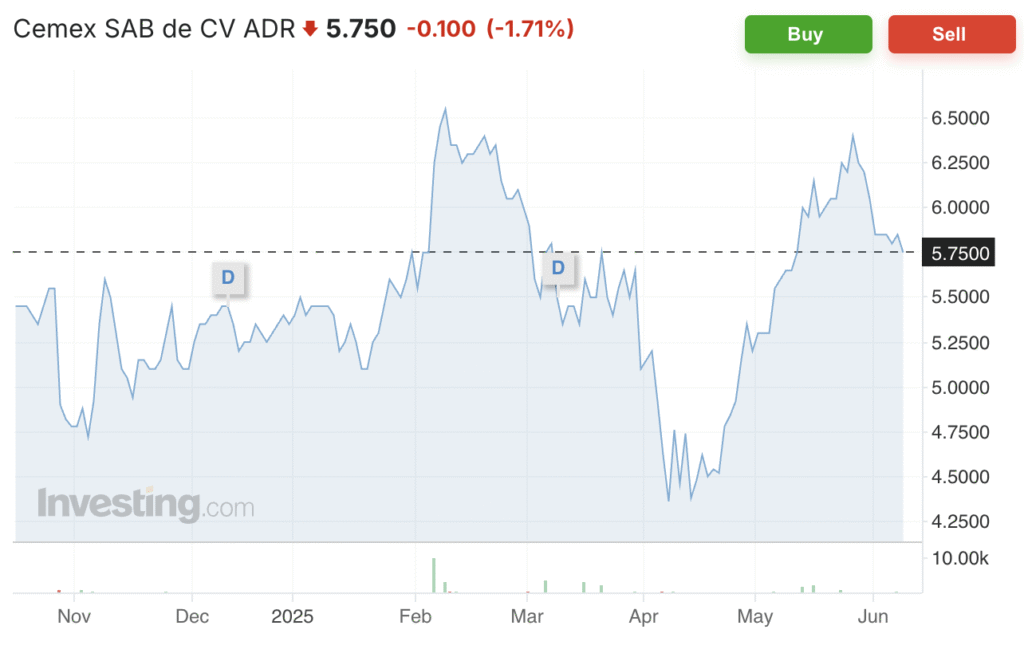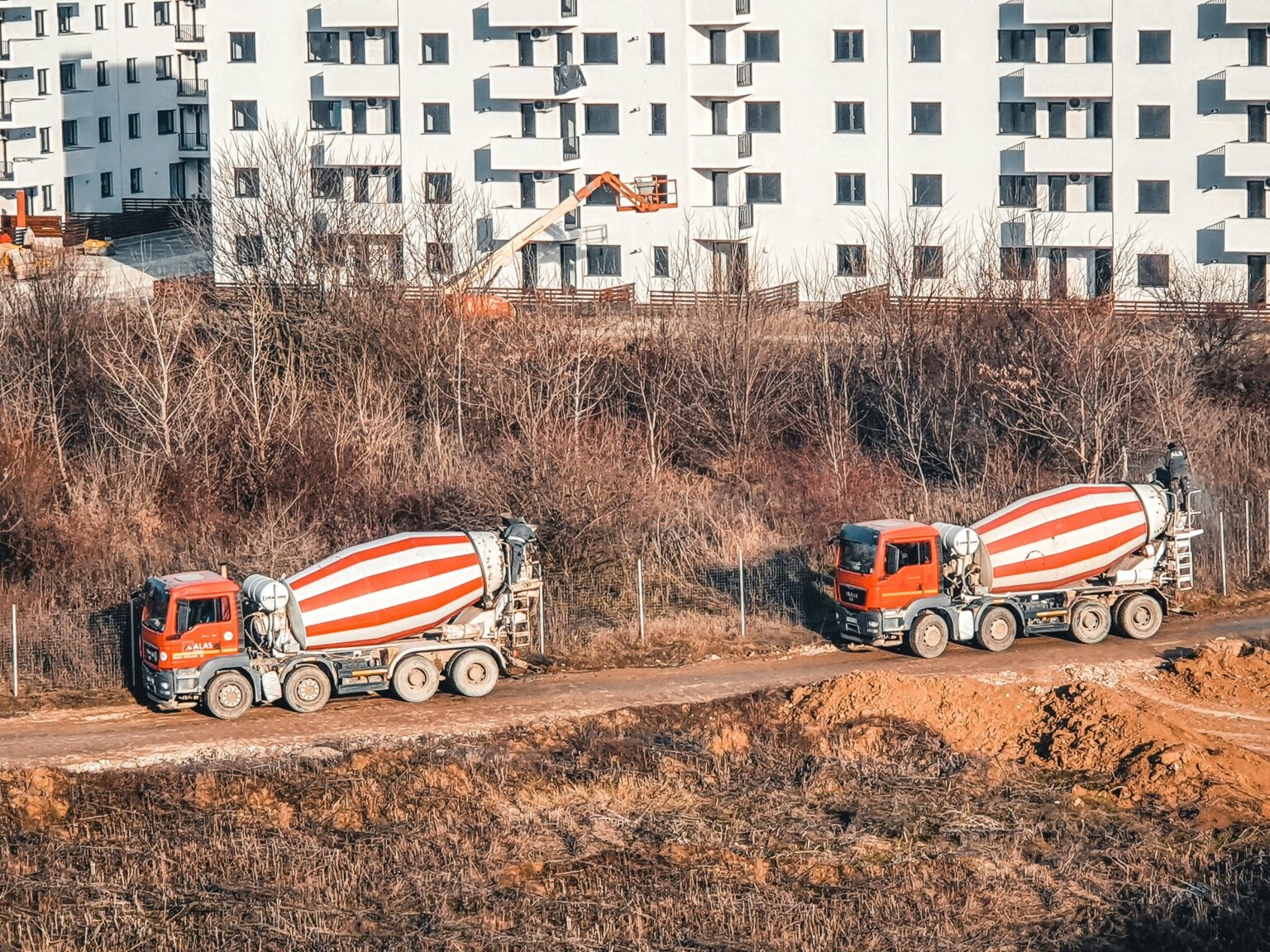Poland’s Office of Competition and Consumer Protection (UOKiK) has launched a preliminary investigation into potential cartel activity among major cement producers. The move follows reports that companies may have reestablished illegal price-fixing and market-sharing arrangements—over a decade after a similar cartel was dismantled in 2009.
UOKiK inspectors, with court authorization and police assistance, recently searched the offices of six cement companies: Holcim Polska (formerly Lafarge), Cemex Polska, Dyckerhoff Polska, Cement Ożarów, Górażdże Cement, and Górażdże Beton.
At the time of this article, Cemex stock price is down 1,7% (in the Frankfurt stock exchange), Holcim doesn’t show any significant movement.

Alleged Anticompetitive Conduct
The suspected practices include price coordination and the division of clients or regions between competitors, potentially preventing construction firms from seeking better offers. If confirmed, such conduct could lead to higher cement prices, negatively affecting key sectors like housing, infrastructure, and national development projects.
“The re-emergence of a cement cartel would be particularly alarming, as cement is a vital construction material essential to the country’s economic growth,” said UOKiK President Tomasz Chróstny. “We are thoroughly analyzing the evidence collected.”
Legal and Procedural Issues
The investigation follows past precedent: in 2009, UOKiK fined seven companies that controlled nearly 100% of the Polish cement market for colluding over more than a decade. The current inquiry is at a preliminary stage, meaning it targets the market situation rather than specific firms. If enough evidence is found, UOKiK will launch formal antitrust proceedings, potentially leading to heavy fines—up to 10% of a company’s turnover and up to 2 million PLN for individual managers.
Some of the searched companies challenged the inspections, arguing that documents produced by board members who are also legal advisors should be protected under legal professional privilege. UOKiK rejected this, stating that executives serving on company boards cannot be considered independent advisors.
Whistleblower and Leniency Programs
UOKiK encourages participants in illegal agreements to apply for leniency, which can reduce or eliminate fines in exchange for cooperation and evidence. Anonymous tips can also be submitted through the agency’s whistleblower platform.
As the investigation continues, the Polish competition authority remains focused on ensuring a fair and open market, particularly in sectors critical to national development.
